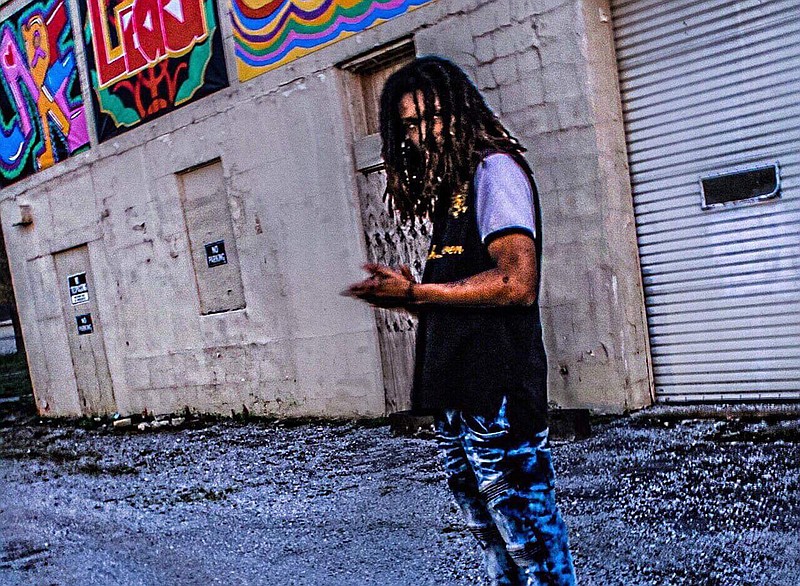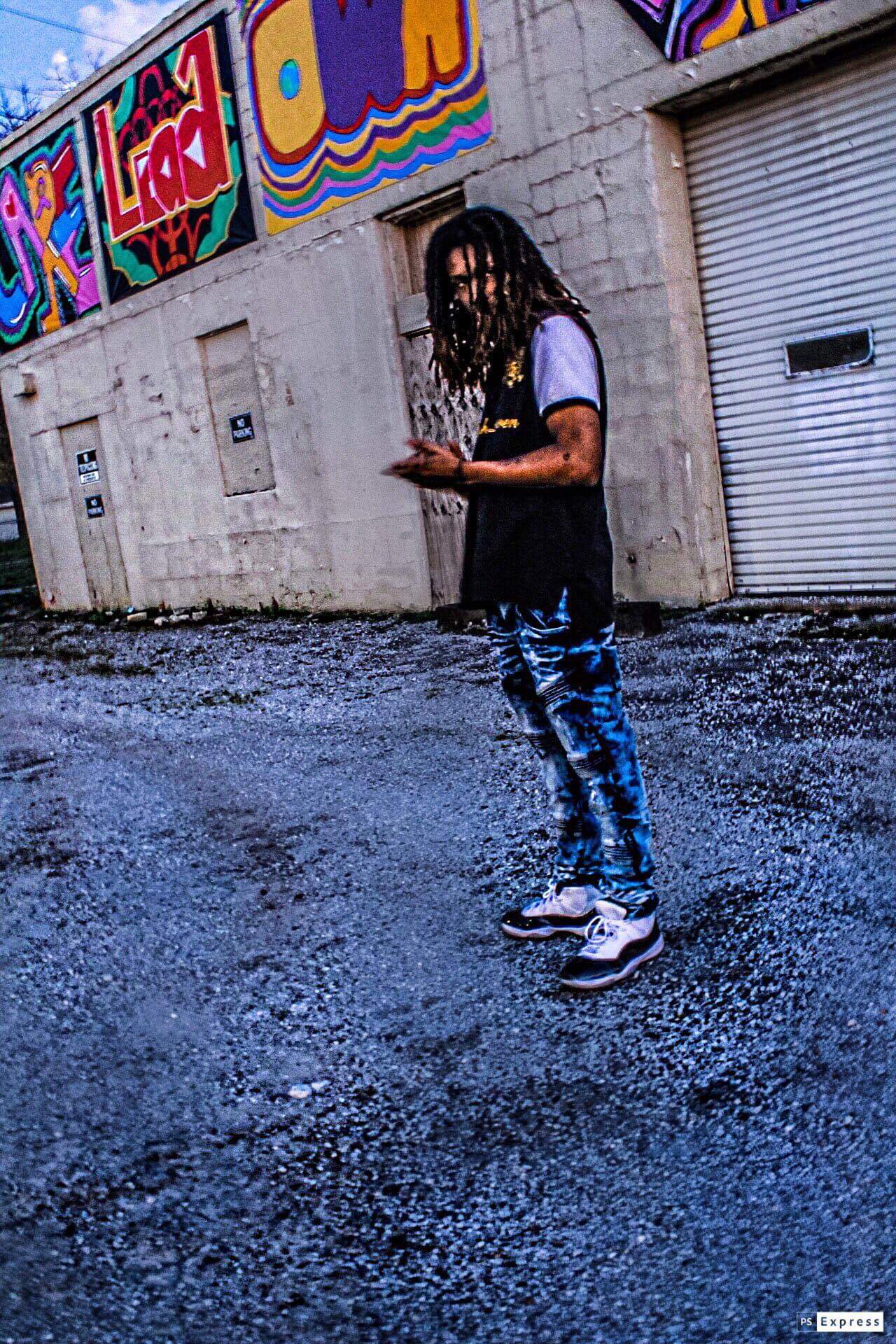Before he was shot for the first time, Bryan Williamson had been feeling good about things, that life, finally, was going to straighten out.
It was early afternoon in the summer of 2016. At 5 p.m., he was due at Amazon. First day, new job.
Then the drive-by rolled by, and a shotgun sprayed him with pellets from his feet to his knees.
Today, Williamson, 29, will pull his jeans up over his Jordan 12s and show you his scars.
"It missed my main artery by an inch," he said.
"I had been doing everything in my life to get back on track," he said.
Williamson had been a standout basketball player at Hamilton Heights Christian Academy, but was drawn to the streets: gang-banging and making money.
But he was trying to get out.
Then came the shotgun blast, cutting his legs out from under him, as if the streets were saying, "We can jerk your life out from under you anytime we want."
"I lost that job," he said.
 Cost of the Crossfire project
Cost of the Crossfire projectThe second time he got shot was a year later. It was a fall evening on Shepherd Road.
"I was just chilling. Walking for fresh air. Out of nowhere, somebody came out in the middle of the street. I thought he was one of my homeboys," he said. "It wasn't."
The first pistol round hit Williamson in his stomach. He fell to the ground. A second bullet ricocheted off the pavement, crashing into his forehead.
Three gunshots.
One man.
All before he turned 30.
"The only thing I'd accomplished was getting shot and going to jail," he said.
That would change; today, Williamson is amazingly different. No longer dodging bullets, he's part of our city's creative class: a rapper, clothing designer, a mentor.
Join the conversation
The Times Free Press will hold a community forum for those who wish to discuss and brainstorm ways the city can address gun violence.When: 6-8 p.m. WednesdayWhere: Carver Youth and Family Development Center, 600 N. Orchard Knob Ave.More information: Contact Allison Shirk Collins at ashirk@timesfreepress.com
It is profoundly important we see how and why his life changed.
Last week, the Times Free Press published an extensive look at the cost of gun violence, at the measurable and long-lasting ways one instant - the click, click of a trigger - can haunt families for years.
Yet there are triggers behind the trigger.
We cannot talk of inner-city gun violence without looking at the larger landscape - poverty, no opportunities, structural racism - behind it.
Ignoring those dynamics is like robbing a man and faulting him for being poor. Or, as author Ta-Nehisi Coates puts it: "To yell 'black-on-black crime' is to shoot a man then shame him for bleeding."
When young black men die in this city, we should autopsy not only their physical bodies, but their social bodies.
Open up their lives and see what was missing.
"A socioeconomic autopsy," said Troy Rogers. "I submit to you that most times after doing a socioeconomic autopsy, we see that something was missed early on in life. Trauma, illiteracy, fatherless-ness, mental illness, a cycle of poverty. We as a community miss the warning signs."
Rogers is the city's public safety coordinator and one of the most important people in Chattanooga.
Rogers shows up in hospitals, on grandmothers' doorsteps, at juvenile hall, anywhere where young men in this city are lost, and reminds so many of them that they are actually princes, full of dignity, worthy of a good life, with options, choices, hope.
(A recent job fair for ex-felons was packed. So, too, was a recent boys summit.)
The city may document and measure gang-related shootings, but there is no chart or spreadsheet for the moments when hopelessness gives way to hope, when the broken heart stirs toward life.
Just ask Williamson.
After being shot the second time, he lay in the hospital, not sure who he could trust.
In walks Rogers.
And things began to change.
"A man, a father figure, a friend," Williamson said. "If somebody loves on you and helps you out, and shows their best interest in what you want to do, that is the best thing. That is a person that loves you, a true friend."
Over time, Rogers invested in Williamson.
Today, Williamson is a changed man.
His rap career - he's known as Boss Man Gizzla - is growing. Shows in Atlanta, Miami, elsewhere. Music on multiple platforms.
"Make better music and paint a better picture in my music and help change the way people think and help make a better community," he said.
He just released a clothing line. (Black Rose Clothing at e11brands.com/pages/blackrose.)
He mentors.
He's working with a group of other men trying to rebuild their lives.
He thinks differently.
"Instead of shooting, why not lend you a hand? Why can't I call you and tell you, 'I'm sorry about what happened earlier.' We need to go talk about this," he said.
He acts differently.
View other columns by David Cook
"I want to see everybody doing good," he said. "That's why I started mentoring these kids."
Speaks differently.
"I want to put out a message for the young generations, for them to wake up," he said. "To try and break the cycle."
Twice in his life, triggers cut him down.
Now, he's standing back up, taller than ever.
"I'm pulling a trigger with kindness," he said. "I'm telling you all this because I love you and care."
David Cook writes a Sunday column and can be reached at dcook@timesfreepress.com or 423-757-6329.


